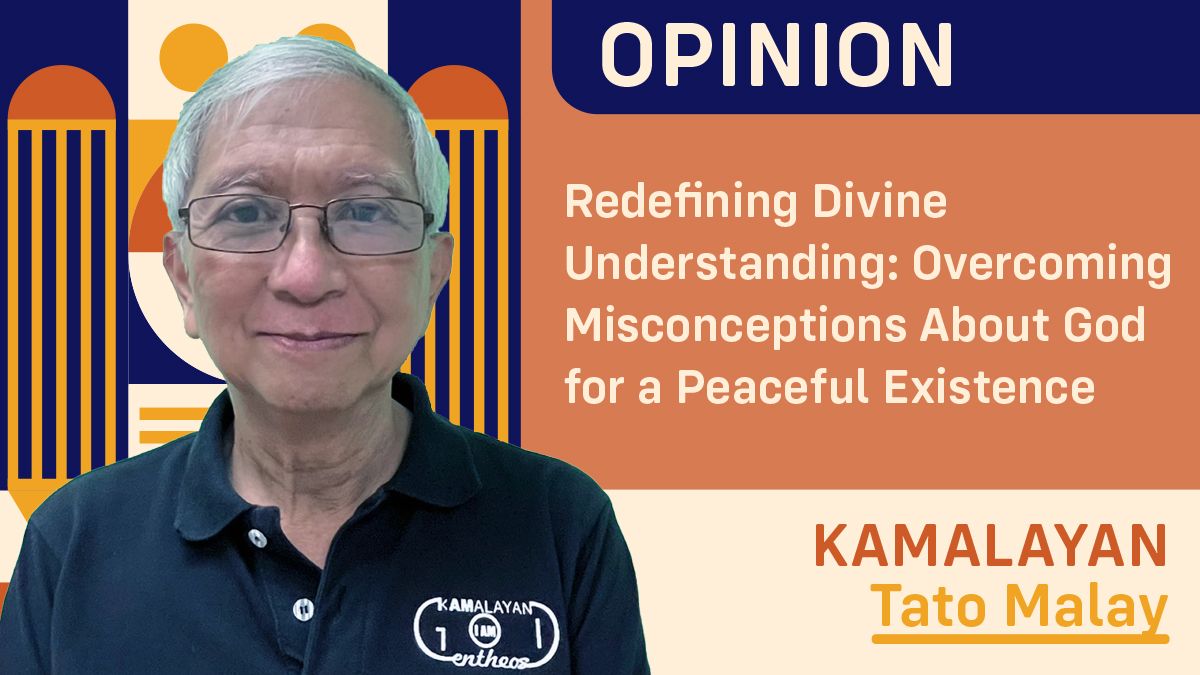In "The New Revelations," Neale Donald Walsch discusses some common misunderstandings about God that he believes lead to crisis, violence, and war. These misunderstandings can create fear and division among people, which is something we definitely want to avoid. Let’s break down these five beliefs that Walsch identifies as false.
1. The Idea that God Needs Something
Many people think that God has needs, like we do. This belief can make us feel like we have to perform certain rituals or behave in specific ways to please God. But Walsch argues that God, as a perfect being, doesn't "need" anything from us. Instead of seeing God as a being who requires something, we might consider God as a source of love and wisdom that we can tap into. This shift in perspective can help us focus on connection instead of obligation.
2. The Fear that God Can Fail
Another misconception is that God can fail to get what He needs. If we believe God is dependent on us, we might think that our actions have the power to disappoint Him. This can lead to guilt and anxiety, making us feel like we have to constantly prove ourselves. Walsch suggests that God is all-powerful and cannot be let down. Understanding this can free us from the pressure to “perform” for God, allowing us to live more authentically.
3. The Belief in Separation from God
Walsch points out that many people feel separated from God because they think they haven’t given Him what He needs. This sense of separation can create feelings of worthlessness and isolation. Instead of believing we are cut off from God, we can recognize that we are inherently connected to the divine. This connection doesn’t depend on what we do or how we act; it’s a fundamental part of who we are.
4. The Misconception of Divine Requirements
The idea that God has requirements that we must meet to regain our connection can be damaging. This belief can lead to fear and a sense that we have to earn God’s love. Walsch argues that God’s love is unconditional and does not require any specific actions from us. By letting go of this belief, we can start to see ourselves and others through a lens of compassion rather than judgment.
5. The Fear of Divine Punishment
Finally, the belief that God will destroy us if we don’t meet His requirements is perhaps the most frightening. This idea can create a culture of fear where people act out of desperation to avoid punishment. Walsch emphasizes that this view of God as a punisher is not accurate. Instead, he encourages us to see God as a loving presence that supports us in our growth and understanding, rather than a figure that threatens us with destruction.
Conclusion
These five fallacies about God can lead to a lot of unnecessary fear and conflict in our lives. By understanding that God is not needy, cannot fail, and does not require anything from us, we can cultivate a more peaceful and loving relationship with the divine. This shift in perspective can help foster a sense of unity with others, reducing the crises and violence that stem from misunderstandings about God. In the end, embracing a more accurate view of God can lead us to a more harmonious and fulfilling existence.
#WeTakeAStand #OpinYon #OpinYonColumn #Kamalayan

